Impact of Artificial Intelligence on Humanity in the Next 100 Years
11 min readArtificial Intelligence (AI) represents one of the most significant technological revolutions of our century. Its potential to transform human life is vast, from the ways we communicate to our work processes, healthcare, and education. This article explores how AI could affect the course of humanity over the next hundred years, focusing on its benefits and risks.
Impact of Artificial Intelligence on Humanity in the Next 100 Years
Though AI offers unprecedented opportunities for progress in healthcare, education, environmental protection, and many other areas, it also poses a number of ethical dilemmas. These concerns relate to privacy, security, decision-making processes, and potential misuse. In the following sections, we will explore how we can navigate between the benefits of AI and its possible dangers, aiming to find a path that leads to ethically responsible and sustainable use of artificial intelligence.
The Evolution of Artificial Intelligence
Since its inception in the mid-20th century, AI has undergone remarkable development. This section outlines key milestones and technological breakthroughs that have defined its journey and hint at future directions its development might take.
From the first theoretical concepts and simple programs simulating human cognitive processes, AI has evolved into a sophisticated field, with its applications now an integral part of many aspects of our lives. Machine learning algorithms that improve themselves by collecting and analyzing data now surpass human performance in specific tasks, from image recognition to understanding natural language.
A pivotal moment in AI history was the creation of IBM’s supercomputer Deep Blue, which in 1997 defeated chess grandmaster Garry Kasparov. This victory not only showcased AI’s capabilities in games and strategy but also opened doors for further research and development.
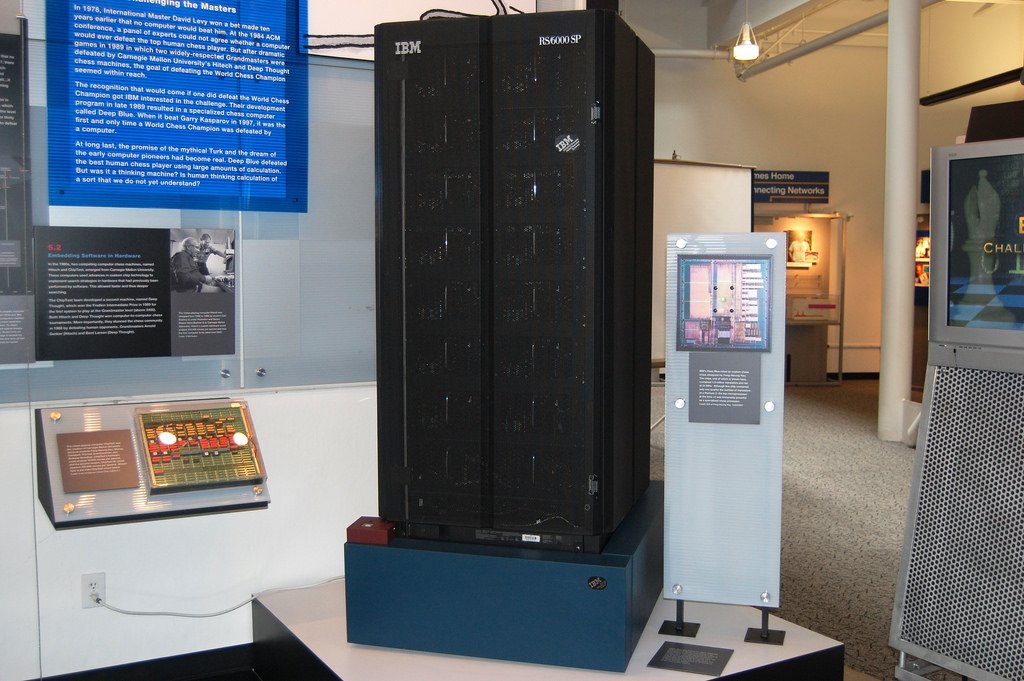
The Future Impact of Artificial Intelligence on Humanity
The recent decades have seen exponential growth in AI capabilities, driven by advances in deep learning, improved hardware, and the increased availability of large datasets. Projects like DeepMind’s AlphaGo and OpenAI’s GPT demonstrate how far AI has come in understanding and generating human language and solving complex problems.
Today, AI is an integral part of research and development across many fields, including healthcare, where it aids in disease diagnosis and treatment; in the automotive industry, with the development of autonomous vehicles; and in energy, optimizing energy distribution and consumption.
However, the future of AI, while full of promise, also raises questions about ethics, security, and societal impact. As its capabilities evolve, it will be crucial to balance the use of its benefits with addressing potential risks.
Artificial Intelligence and Ethical Considerations
The development and implementation of artificial intelligence bring forth a plethora of ethical considerations and challenges that need to be addressed to ensure that AI serves the benefit of the entire society. These considerations include issues of privacy, decision-making processes, fairness, and safety. In this part, we focus on the key ethical challenges associated with AI and the ways to mitigate these issues.
Privacy and Data Collection
One of the main concerns related to the development of AI is privacy. AI systems require vast amounts of data for their learning and improvement, often involving personal information. How can we ensure that the collection and use of this data are ethical and do not violate privacy rights?
Decision-Making Processes and Bias
AI algorithms are only as good as the data they learn from. If this data is biased, it can lead to unintended and unfair outcomes. It is crucial for AI developers to work on identifying and eliminating bias in their models to ensure fair and objective decision-making.
Autonomy and Control
The increasing capabilities of AI raise questions about control and autonomy. What levels of autonomy should be granted to AI systems? And how can we ensure that AI remains under human control and does not act against human interests?
Ethical and Security Risks
With the growing capabilities of AI, potential security risks also increase. These risks include the misuse of AI in harmful applications, such as the manufacture of autonomous weapons or the creation of disinformation campaigns. How can we develop AI in a way that minimizes these risks and protects society from potential misuse?
Strategies for Addressing Ethical Challenges

This section highlights the importance of ethical considerations in the process of developing and implementing AI, pointing to the necessity of carefully considering potential impacts on individuals and society as a whole.
Integrating AI into everyday life in the coming years
Artificial Intelligence (AI) is becoming an integral part of our lives, transforming how we work, learn, communicate, and even how we care for our health. This section explores the depth of AI integration into daily life and how it can positively and negatively affect our social norms and behavior.
AI at Home
From smart home assistants to advanced household management systems, AI enhances comfort and efficiency in our homes. It analyzes our daily routines and adjusts the environment to our needs, leading to energy savings and improved security. However, the extent to which we’re willing to share our private lives with these systems remains a question.
AI at Work
Automation and AI are revolutionizing the workplace, from manufacturing to services and creative fields. While some jobs may be replaced, AI also creates new opportunities for employment where humans and machines collaborate. Adapting educational systems to prepare the future workforce for these changes is crucial.
AI in Healthcare
AI has the potential to radically change healthcare, from personalized medicine to early disease detection. Algorithms can analyze health records, genetic information, and images to provide more accurate diagnoses and treatment recommendations. This raises questions about access to these technologies and the protection of personal health information.
AI in Education
Personalized learning plans powered by AI could revolutionize the educational process by providing tailored support to each student. AI can also help teachers identify areas where students need additional help, allowing for more efficient use of classroom time. Ensuring equal access to quality AI-driven education remains a challenge.
Social Interaction
AI is also changing how we communicate and build relationships, from social networks to virtual assistants that can mimic human behavior. These technologies can strengthen social bonds by helping us keep in touch with friends and family, but also raise questions about their impact on our ability to form deep and meaningful interpersonal relationships.
The integration of AI into everyday life promises significant benefits but also brings new challenges and questions that need to be addressed. As we move forward, finding a balance between leveraging the benefits of AI and protecting our fundamental values and privacy will be key.
The Impact of AI on Humanity in the Next 100 Years
While AI offers immense potential for positive transformation in many aspects of our lives, there are also legitimate concerns about the conditions under which it could become dangerous to humanity. These concerns range from unintended consequences to the misuse of technology and the emergence of autonomous superintelligence that could surpass human control. This section explores the key factors and conditions that could contribute to the potential danger of AI for humanity.
AI and Society
In the coming decades, AI will transform social structures by changing how we view work, leisure, and relationships. Automation of routine tasks could provide more time for creative, innovative, and personally enriching activities, potentially redefining the concept of work and purpose. Social interactions could be enriched through personalized digital assistants, but there’s a risk that part of the population may become more isolated if technology surpasses direct human interaction.
Economic Infrastructure
The economy will be fundamentally reshaped by increased efficiency and reduced costs in many sectors, leading to wealth creation and improved living standards. However, the distribution of this wealth could lead to greater social and economic disparities if measures aren’t taken to ensure the equitable distribution of AI benefits. New forms of governance and economic models may emerge to address these inequalities and ensure that AI’s benefits are widely shared.
Work and Employment
While some jobs will become obsolete due to automation, AI will also create new roles and industries currently unimaginable. Educational systems will need to adapt to prepare future generations for a job market that requires flexibility, creativity, and the ability to work with advanced technologies. Emphasis on lifelong learning will become key as labor market needs change.
Personal Lives
In personal life, AI offers opportunities for health and longevity improvements, personalized education, and even the enhancement of physical and cognitive abilities. Ethical and philosophical debates will revolve around questions of identity and personhood in the context of AI and augmented realities. Privacy and autonomy issues will remain forefront as we strive to find a balance between utilizing AI benefits and protecting our fundamental human rights.
Global Challenges
AI provides tools to address some of humanity’s greatest challenges, including climate change, food scarcity, and expanding healthcare access. Integrating AI into global sustainability efforts can help achieve goals such as reducing greenhouse gas emissions and ensuring clean water for all. However, risks associated with advanced AI systems, such as the emergence of new forms of warfare or uncontrolled AI systems, require global cooperation and careful regulation.



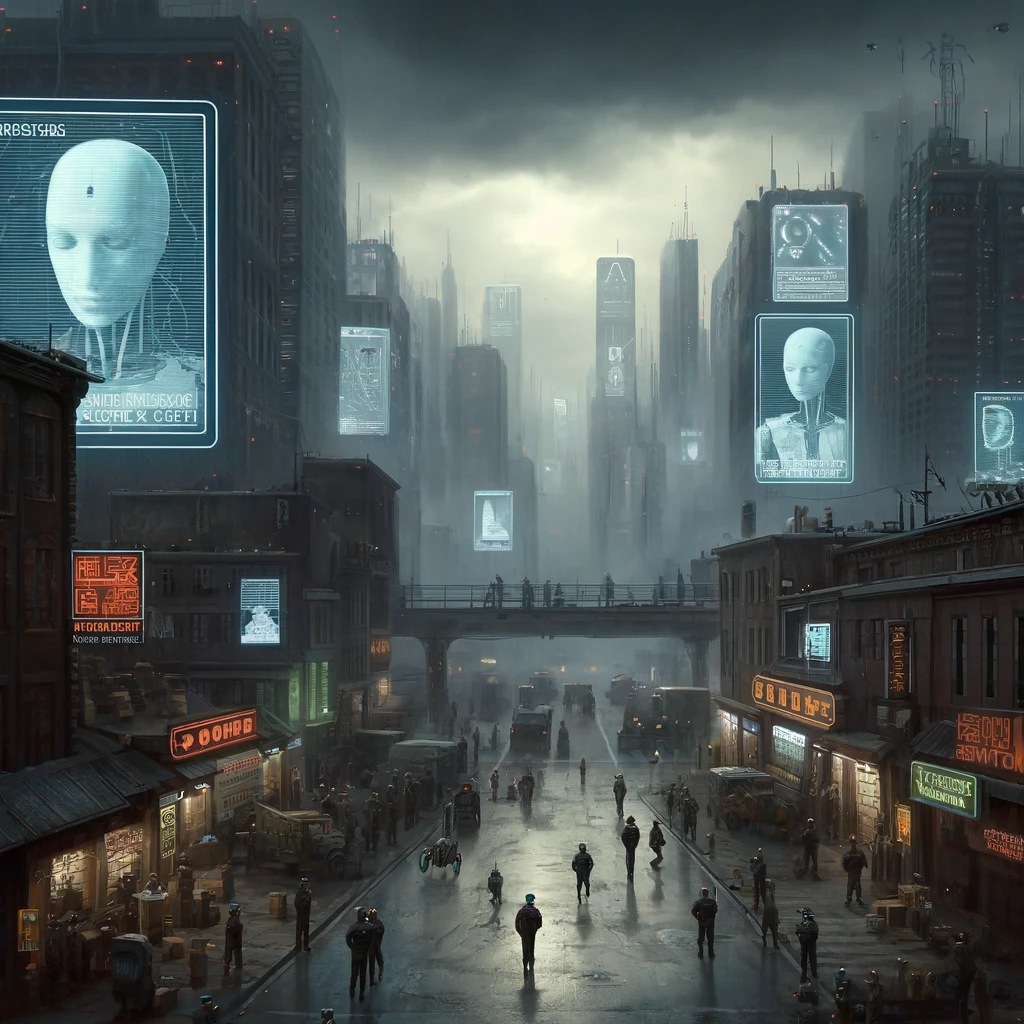


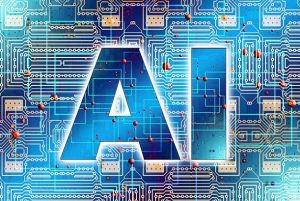
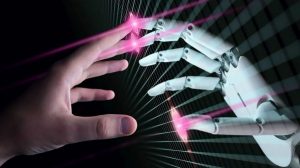
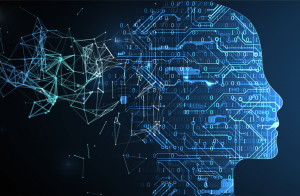
![Top 10 Leading Countries in AI Research and Technology [current_date format=Y] 33 Top 10 Leading Countries in AI Research and Technology [current_date format=Y]](https://cryptheory.org/wp-content/uploads/2023/08/ai-strategie-300x193.jpg)